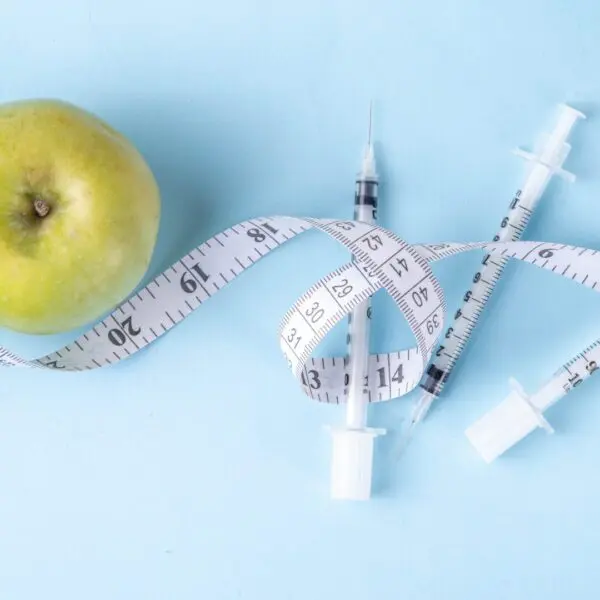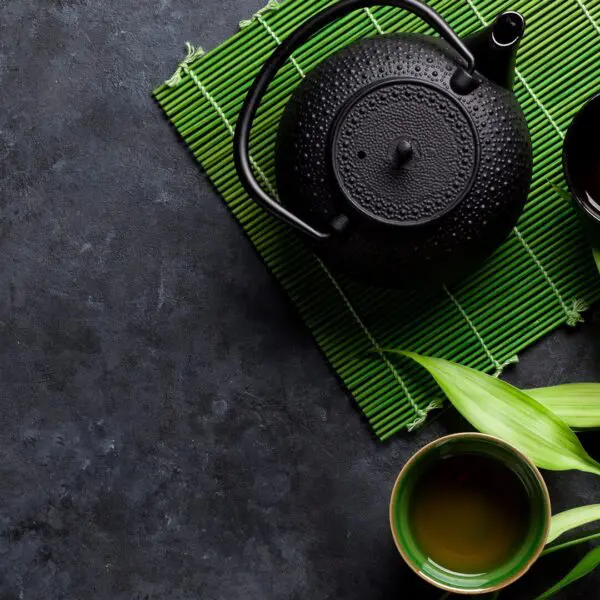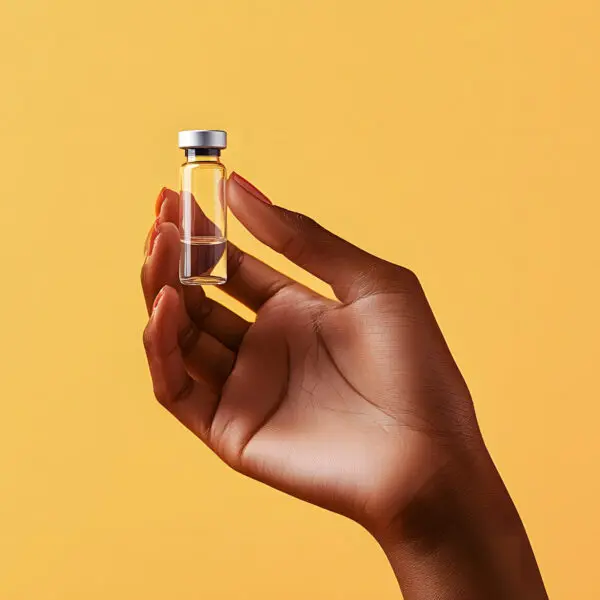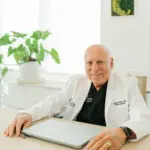If you are looking to herbal supplements to help improve your memory or vitality or help you to sleep, you may want to save your money. The New York State attorney general’s office is asking four major retailers — GNC, Target, Walmart and Walgreens — to stop selling herbal supplements after tests found that many of them did not contain the herbs listed on their labels.
In a press release, New York Attorney General Eric T. Schneiderman said DNA tests were run on supplements claiming to contain ginko bilboa, St. John’s wort, ginseng and echinacea. Samples of the supplements were purchased from various locations around New York, and each sample was tested five times. In four out of five cases, the tests showed that the pills contained nothing more than fillers such as asparagus, rice, wheat or houseplants.
“This investigation makes one thing abundantly clear: the old adage ‘buyer beware’ may be especially true for consumers of herbal supplements,” said Schneiderman. He added that the herbal supplements “also pose unacceptable risks to New York families — especially those with allergies to hidden ingredients.”
Schneiderman says mislabeling, contamination and false advertising are illegal, and he’s asking each company to provide more detail on the production, testing and quality control of the herbal supplements sold at their stores.
Walgreen immediately agreed to the attorney general’s request to pull the supplements off their shelves. Walmart said it would reach out to its suppliers and take appropriate action. GNC told the New York Times that the company would cooperate with the attorney general “in all appropriate ways,” but that it stood behind the quality and purity of its store brand supplements.
The response from the herbal supplement trade association, the Council for Responsible Nutrition, was not as supportive. It called the attorney general’s actions a “sting,” and described them as reckless, which “smack of a self-serving publicity stunt under the guise of protecting public health.”
But David Schardt, senior nutritionist of the Center for Science in the Public Interest says, “the evidence for these herbs’ effectiveness is sketchy to begin with.” Schardt, quoted in the attorney general’s press release, says if the advertised herbs are in many of the products, it’s a sign the “this loosely regulated industry is urgently in need of reform.”
The US Food and Drug Administration requires companies to verify their products are safe and properly labelled. But a federal law was passed in 1994 which exempted herbal supplements from following the same stringent guidelines.
The New York Times says the chief architect of that law was Republican Sen. Orrin Hatch of Utah. The newspaper says Hatch “has accepted hundreds of thousands of dollars in campaign contributions from the industry and repeatedly intervened in Washington to quash proposed legislation that would toughen the rules.”
The above post appeared last week. This was no surprise to me. I am a total believer in supplements. I am not a believer in that all supplements are created the same. I have known for years that certain brands were not to be bought at any cost. Unfortunately, the general public does not think this way. The perception is that all supplement are created equal. This thinking is correct if we are on a level playing field. Unfortunately, the main motivation for many corporations is pure and simple profit. The task at hand is to find a source that is trustworthy and at the same time a fund of knowledge. In these big box stores you are typically dealing with a clerk who has little knowledge or desire to steer you in the right direction. Would you go to Walmart to seek advise from a clerk on a medical question? I think the answer to this question is no. The same holds true with supplements. In this case you are much better off in dealing with a smaller store where the personal know the “right companies” and “the right products”. In the long run they will save you money but more importantly possibly your life.
To condemn supplements is to talk foolishly. Those charlatans that condemn supplements need to look no further the botanical world. Many of our pharmaceuticals come from the world of botanicals. I could give pages of examples of pharmaceuticals coming from botanicals. Think about digitalis which comes from the fox glove plant. How many lives have been saved from taking digitalis? Another example is tamoxifen which is a potent medication used in the treatment in breast cancer. It comes from the Yew plant. The list goes on and on. For those so called experts who condemn supplements they should also condemn pharmaceuticals. I would say that they would be practicing like witch doctors but witch doctors are smart enough to utilize supplements (botanicals). Pharmaceutical companies know that the botanicals are cornucopia of medicines. They will invest billions of dollars on research on these. Reputable supplement companies will also devote large amounts of money testing the efficacy and safety of supplement products. I can say this first hand since I have experience in designing certain supplements.
I have been very meticulous in doing my research on the supplements that I prescribe for my stem cell patients. For instance StemXCell has extensive research that was performed at the Univ. of South Florida. Neo-40 has extensive research at the Univ. of Texas. CH-Alpha has research at a number of universities. The list goes on and on. The best bit of advise I can give on supplements is do your research not only on the supplements but where you can find a reliable and honest source of information. Perhaps one guiding light is to look for USP Verified dietary supplements. These are products that have been voluntarily submitted to the USP Dietary Supplement Verification Program and have successfully met the program’s stringent testing and auditing criteria. The program was established by USP to help dietary supplement manufacturers ensure the production of quality products for consumers. USP is a scientific nonprofit organization that establishes federally recognized standards for the quality of drugs, dietary supplements, and foods. It is the only such organization that also offers voluntary verification services to help ensure dietary supplement quality, purity, and potency. USP standards are used in more than 140 countries and are federally recognized per the Federal Food, Drug and Cosmetic Act and the Dietary Supplement Health and Education Act. Hopefully this sheds some light on a confusing topic.
Thanks Dr. P














